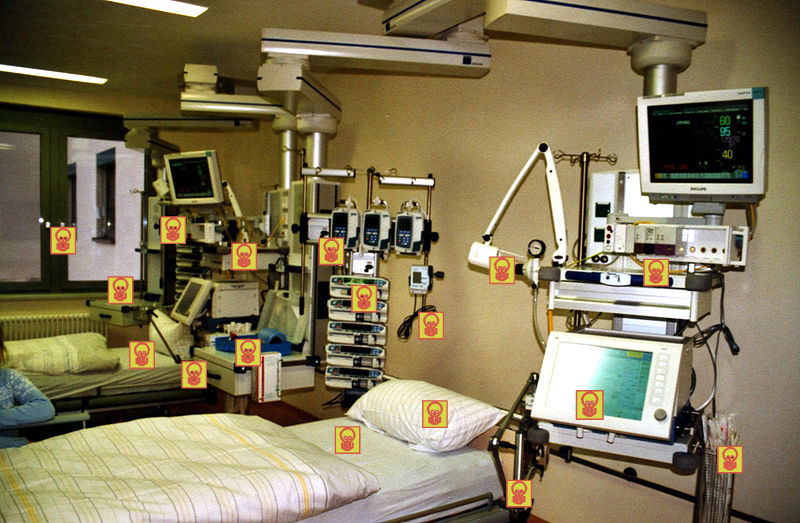Millions of people around the globe acquire infections during their visits to hospitals every year.
The US Center for Disease Control and Prevention identifies that nearly 1.7 million hospitalized patients annually acquire Healthcare-associated infections (HCAIs) while being treated for other health issues and that more than 98,000 patients (one in 17) die due to these.
The healthcare-associated infections occur primarily through contact between an infected patient and another person. For example, an infected patient touching and contaminating a doorknob that is then touched by a healthcare worker, who spreads the infection to another patient.
Now, UBC materials engineering researchers have developed an advanced copper coating that kills bacteria quickly and in larger numbers compared, to current formulations.
The nano copper coating could soon be available for hospitals and other health care settings to reduce the spread of aggressive infections contracted through contaminated surfaces.
The new coating will kill a broader range of pathogens than existing copper coatings
Although existing copper coating formulations are also antibacterial and self-sanitizing, they kill certain types of bacteria only. The new coating has a microscopically rough texture that can prevent the growth of bacteria on high-touch surfaces such as doorknobs and bed rails.
A potential solution to overcoming one of the biggest global healthcare challenges
It can dramatically curb healthcare-associated infections which are increasingly becoming difficult to combat with antibiotic resistance on the rise.







